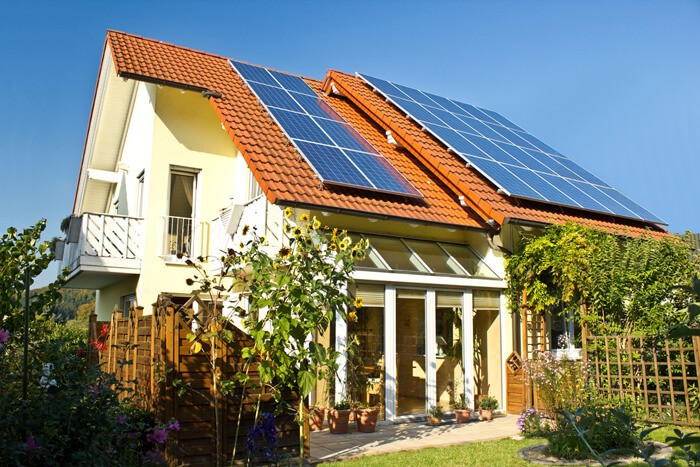Green Matters in Real Estate!

Your clients want to hear more about green real estate and why it matters, surveys show.
Whether they’re first-time buyers or existing homeowners, consumers are showing more desire to learn more about environmental matters in housing.
Indeed, 61 percent of homeowners have researched energy-efficient improvements, according to the Bank of America Homebuyer Insights Report. Eighty-six percent of homeowners say they have some type of energy-efficient product in their home.
And it’s not just a young generational thing. That same study shows that 93 percent of seniors say they have energy-efficient products in their home compared to 78 percent of millennials.
Indeed, more than half of REALTORS® say that their consumers are showing a greater interest in real estate sustainability issues and practices, according to NAR’s REALTORS® and Sustainability report, which stems from NAR’s new sustainability program. More multiple listing services are adding data fields to spotlight a property’s green features as well.
The green home features REALTORS® say their clients are showing the most interest in involve a home’s efficient use of lighting; a smart or connected home; green community features, such as bike lanes and green spaces; landscaping for water conservation; and renewable energy systems, such as solar and geothermal.
Housing experts offer up several ways homeowners can be more green with their homes and save money to boot, including:
- Upgrade leaky windows: About one-quarter of a home’s heat loss during colder months is due to the windows and doors. Buying energy-efficient windows can help to improve thermal insulation, preserve energy, and reduce noise and dust in the home, according to Ply Gem, an exterior building product company.
- Insulate walls and attic: An extra layer of insulation will help curb the work that your heating and cooling systems have to do, according to the BofA report.
- Improve the heating system and A/C unit: Air conditioning alone eats up more than 8 percent of all the electricity produced in the U.S. Heating accounts for 30 to 50 percent of annual energy bills and is the largest energy expense in most homes in moderate and cooler climates. A more energy-efficient system can help curb costs.
- Opt for vinyl: Vinyl is one of the most durable, cost-effective solutions for buildings because it’s low maintenance and boasts a long lifespan. It can help save on energy and material costs too, according to the U.S. Green Building Council. Opt for vinyl siding, fence, railing, and windows.

Realtor Mag
How to Make the Dream of Homeownership a Reality This Year
If you’re dreaming of buying a home this year, start by connecting with a local real estate professional.
Will Forbearance Plans Lead to a Tsunami of Foreclosures?
With today’s positive equity situation, many homeowners will be able to use a loan modification or refinance to stay in their homes.
Why Right Now May Be the Time to Sell Your House
With high buyer demand and such a low supply, now is the perfect time to sell a house on optimal terms. Why wait until spring?
4 Reasons People Are Buying Homes in 2021
As many of us spend extra time at home, we’re reevaluating what “home” means and what we may need in one going forward.
What Does 2021 Have in Store for Home Values?
Home price appreciation in 2021 will continue to be determined by the imbalance of supply and demand.
Is This the Year to Sell My House?
With so few homes available for buyers to choose from, we’re in a true sellers’ market. If you’re thinking of selling your home, now may be the time!
Why Not to Wait Until Spring to Make a Move
Selling your house before more listings come to the market in the traditionally busy spring market might be your best chance to shine.
3 Must-Do’s When Selling Your House This Year
A real estate professional can help you navigate the selling process while prioritizing these must-do’s. Give us a call today.
3 Reasons to Be Optimistic about Real Estate in 2021
While the economy improves and interest rates remain low, homes are expected to continue appreciating in the coming year.
Did You Outgrow Your Home in 2020?
It may seem hard to imagine that the home you’re in today might not be your forever home. Many needs have changed in 2020 and your home may no longer fit your lifestyle.









